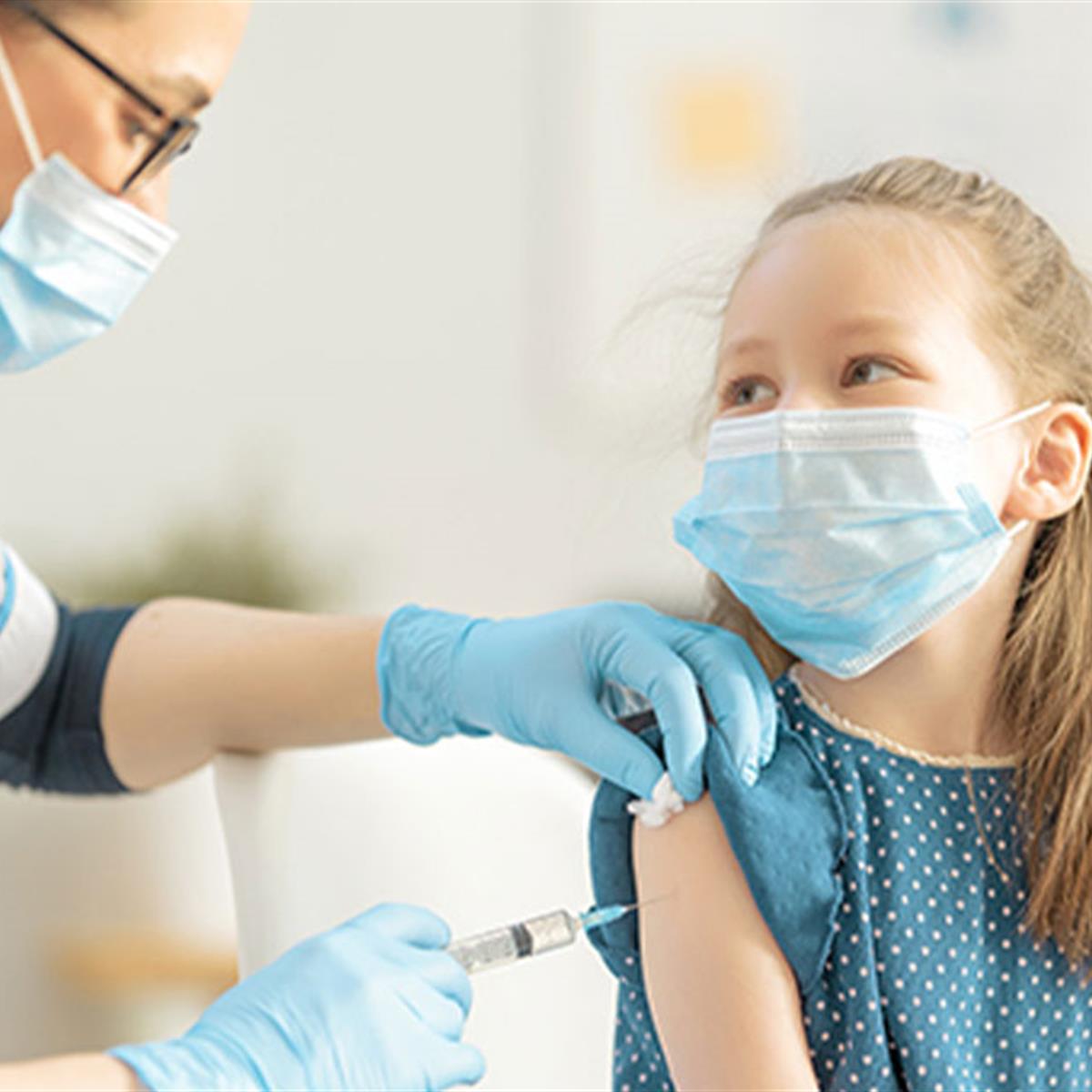Yes. If a flu vaccine and a COVID-19 vaccine are available, you can get both at the same time. But don’t wait to get your flu shot. If your child is eligible, they can also get the respiratory syncytial virus (RSV) vaccine, if available.
Fall and winter are flu and other respiratory virus season. The good news is that we will have vaccines against the viruses that cause more hospitalizations and deaths, especially in infants and young children.
Do all children need all three vaccines?
Your pediatrician can tell you whether and how much of each vaccine your infant or toddler should receive. This is what the American Academy of Pediatrics recommends:
It is recommended that children 6 months and older be vaccinated with updated COVID-19 and influenza vaccines from 2023 to 2024. Most children only need one dose of the flu vaccine if they have had it before. The updated COVID-19 vaccine is more suitable for the virus strains circulating this fall and winter.
There are two new tools to protect babies from serious illness during RSV season. If your baby is born during RSV season, you may choose to receive the RSV vaccine between 32 and 36 weeks of pregnancy. Or your baby may get an RSV vaccine called nirsevimab after birth.
One dose of nirsevimab is recommended for all infants younger than 8 months of age who are born during or before RSV season. A dose of nirsevimab is recommended for some children 8 to 19 months of age who are entering their second season of RSV and are at increased risk of severe disease.
Most infants may only need protection from maternal RSV vaccine or nirsevimab, not both.
Can babies and children become seriously ill from these infections?
Yes. We know that hospitalization rates for COVID-19, influenza, and respiratory syncytial virus are highest among the youngest children. Babies are at the highest risk for serious illness because:
-
Your immune system is still developing.
-
Their lungs and airways are smaller, so the threat of viruses affecting their airways is greater.
During a pandemic, when many people are staying home, common viruses like respiratory syncytial virus and influenza don’t spread as easily. Respiratory viruses spread easily when people are indoors and in large groups. We know that children can spread these and other germs and can contract them from other children and adults.
Vaccines prevent your child from serious illness and hospitalization from these diseases.
Other diseases that were eliminated by routine vaccines in the past are returning to the United States. Because of the pandemic, children around the world are not getting the checkups they need to stay healthy. About 67 million children do not receive some or all recommended vaccines. Global vaccination rates have fallen to their lowest level in 30 years.
Failure to get vaccinations up to date may put your child at risk if he or she is exposed to other infected people or to germs on the playing field. Diseases like polio and measles break out when travelers to other countries bring diseases to the United States, where they spread easily in communities with unvaccinated people. Therefore, it is important to keep your child up to date with all vaccines according to the recommended schedule.
remember
Keeping young children and others at high risk for serious illness safe requires careful action from all of us. If we work together to control the spread of the virus, we can keep children healthy and thrive.

